Sugar substitutes of the future
Xylitol is used as a sugar substitute in such manufactured products as drugs, dietary supplements, confections, toothpaste, and chewing gum, but is not a common household sweetener. Xylitol has negligible effects on blood sugar because it is metabolized independently of insulin. Absorbed more slowly than sugar, xylitol supplies 40% fewer calories than table sugar. It is approved as a food additive in the United States. Xylitol is also found as an additive to saline solution for nasal irrigation and has been found to be effective in improving symptoms of chronic rhinosinusitis.
Food properties:Xylitol has about the same sweetness as sucrose, but more sweetness than similar compounds like sorbitol and mannitol. Xylitol is stable enough to be used in baking.Due to the adverse laxative effect that all polyols have on the digestive system in high doses, xylitol is banned from soft drinks in the EU. Similarly due to a 1985 report, by the EU Scientific Committee on Food, stating that “ingesting 50 g a day of xylitol can cause diarrhea”, tabletop sweeteners containing xylitol are required to display the warning: “excessive consumption may induce laxative effects”. Chewing gum containing xylitol is permitted.
- Health effects
- Dental care:Weak evidence indicates that chewing gum sweetened with xylitol (or similar polyols such as sorbitol) may reduce the incidence of cavities.In 2011, EFSA approved a claim that replacing sugar with xylitol and similar sweeteners “may maintain tooth mineralisation compared with sugar-containing foods.”
- Ear aches:A 2016 review indicated that xylitol in chewing gum or a syrup may have a moderate effect in preventing ear aches in healthy children. It may be an alternative to conventional therapies (such as antibiotics) to lower risk of AOM in healthy children – reducing risk of occurrence by 25% – although there is no definitive proof that it could be used as a therapy for AOM.
- Diabetes:In 2011, EFSA approved a marketing claim that foods or beverages containing xylitol or similar sugar replacers cause lower blood glucose and lower insulin responses compared to sugar-containing foods or drinks. Xylitol products are used as sucrose substitutes for weight control, as xylitol has 40 percent fewer calories than sucrose (2.4 kcal/g compared to 4.0 for sucrose).The glycemic index(GI) of xylitol is if GI is 100 for glucose.
- Adverse effects
Xylitol has no known toxicity in humans. When ingested at high doses, xylitol and other polyols may cause gastrointestinal discomfort, including flatulence, diarrhea, and irritable bowel syndrome (see metabolism section); some people experiencing these adverse effects at lower doses. Xylitol has a lower laxation threshold than some sugar alcohols but is more easily tolerated than mannitol and sorbitol. Increased xylitol consumption can increase oxalate, calcium and phosphate excretion to urine. These effects are termed oxaluria, calciuria and phosphaturia, respectively. These are risk factors for kidney stone disease, but xylitol ingestion has not been linked to this disease in humans.
From, the information given above you are welcome to come up with your own conclusion and place order for Xylitol from us.

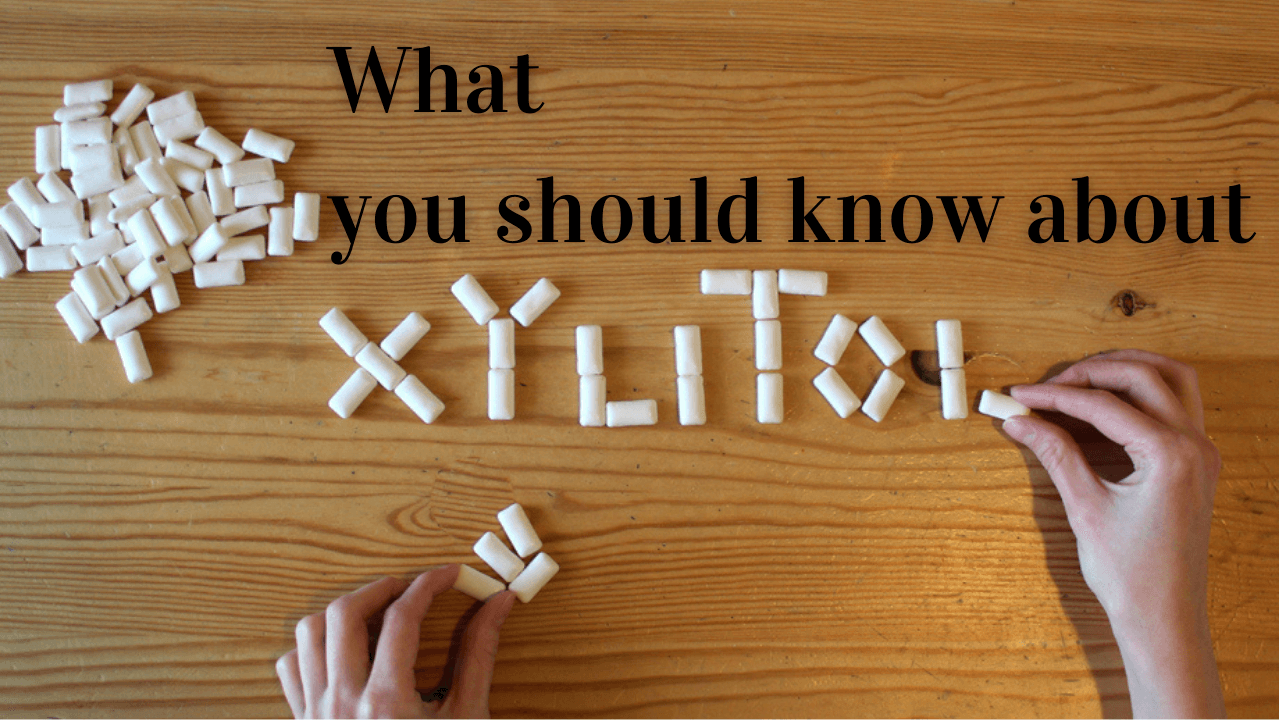
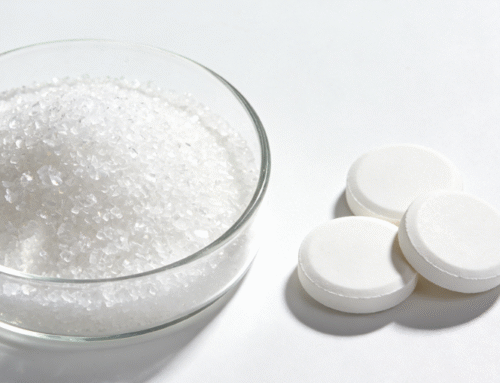
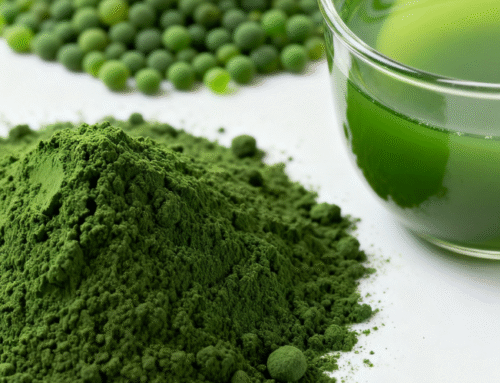
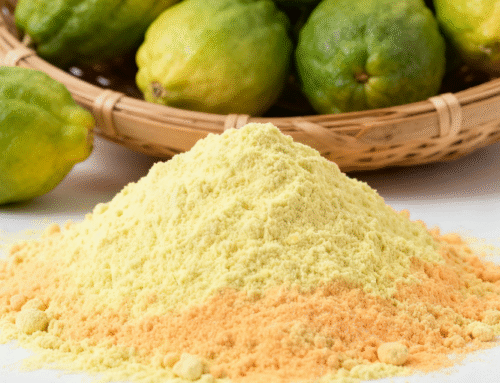
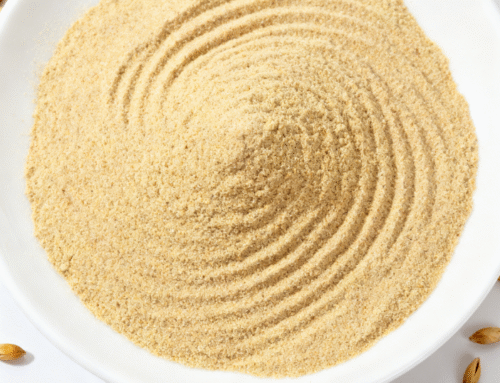
Leave A Comment